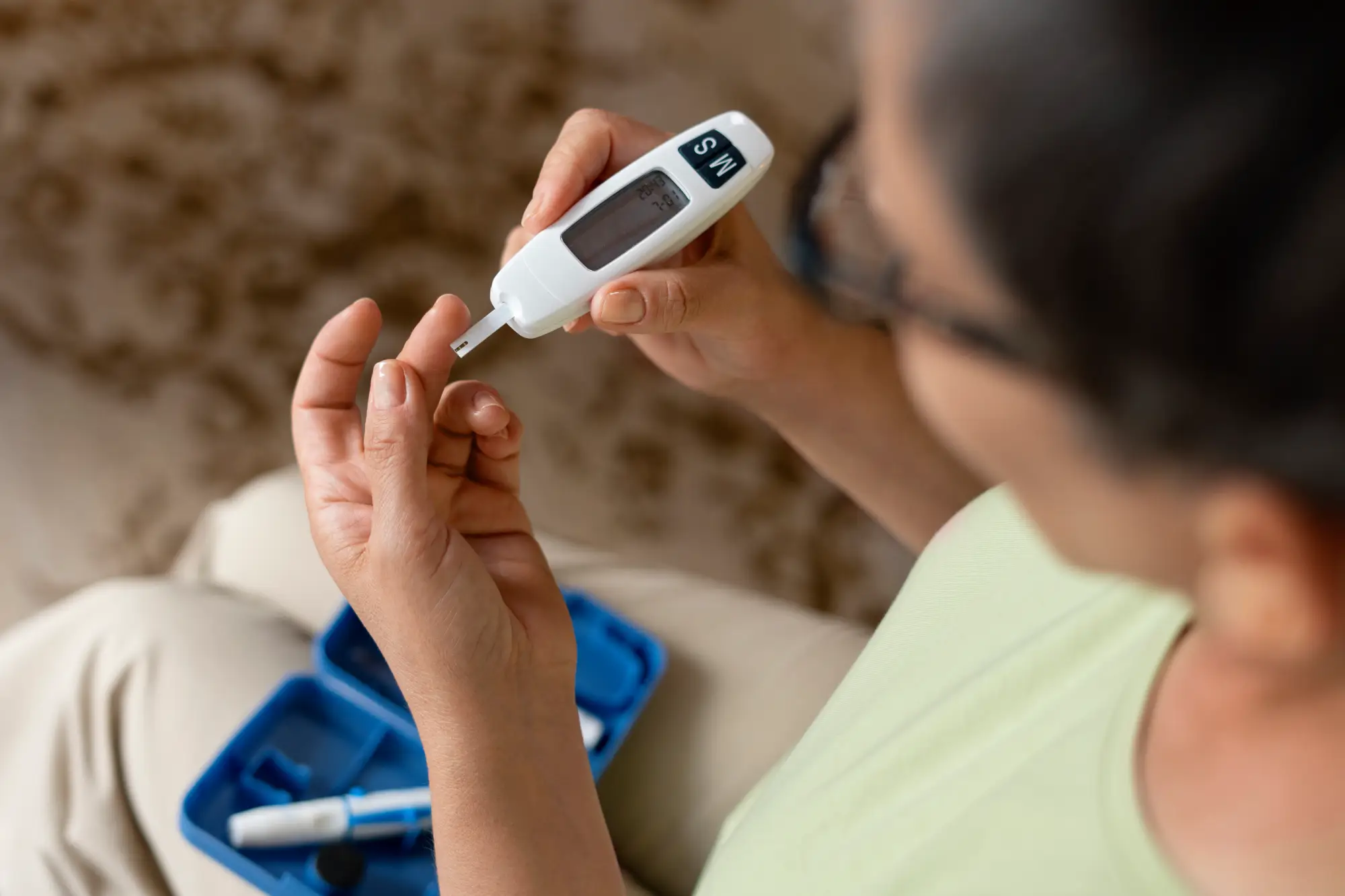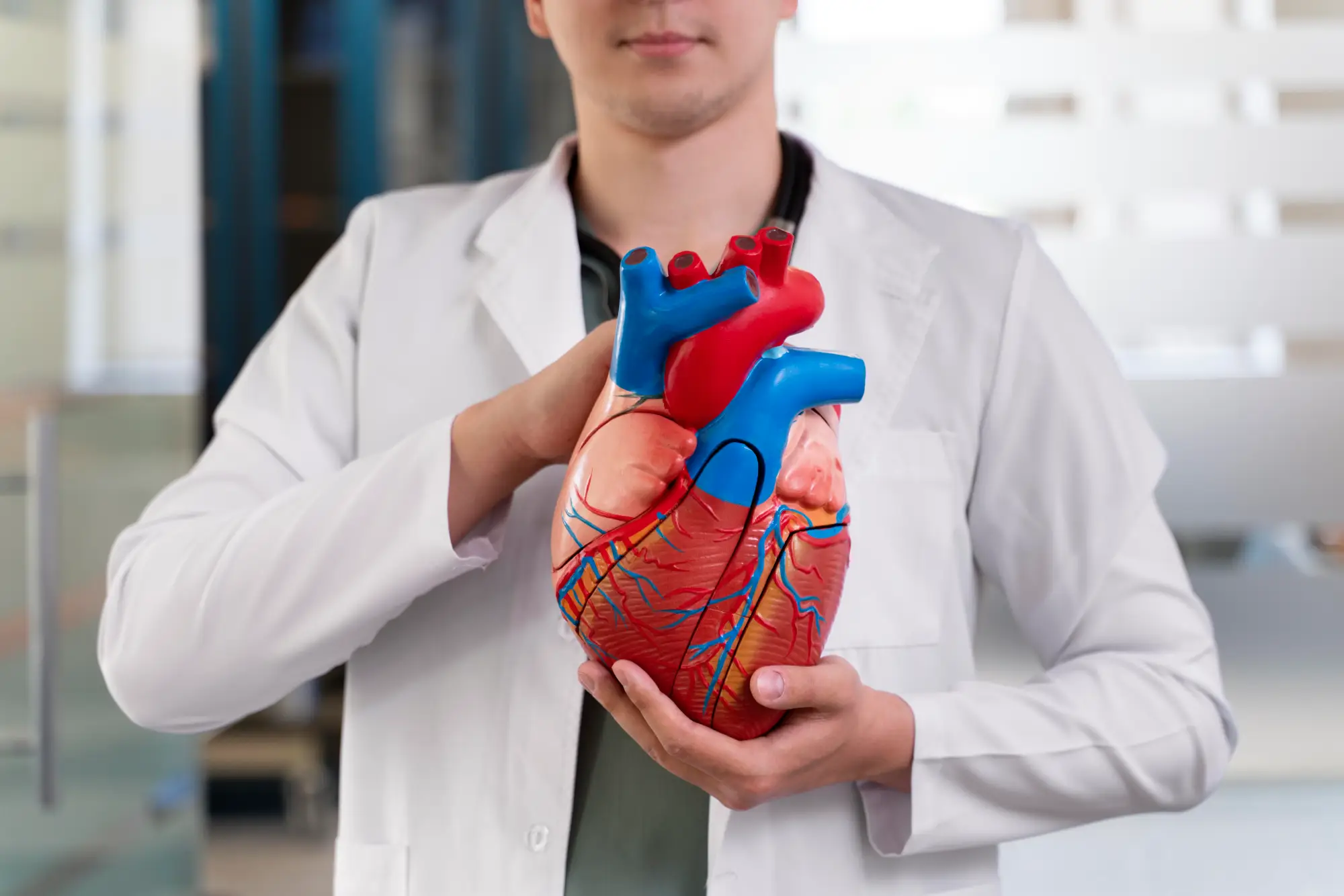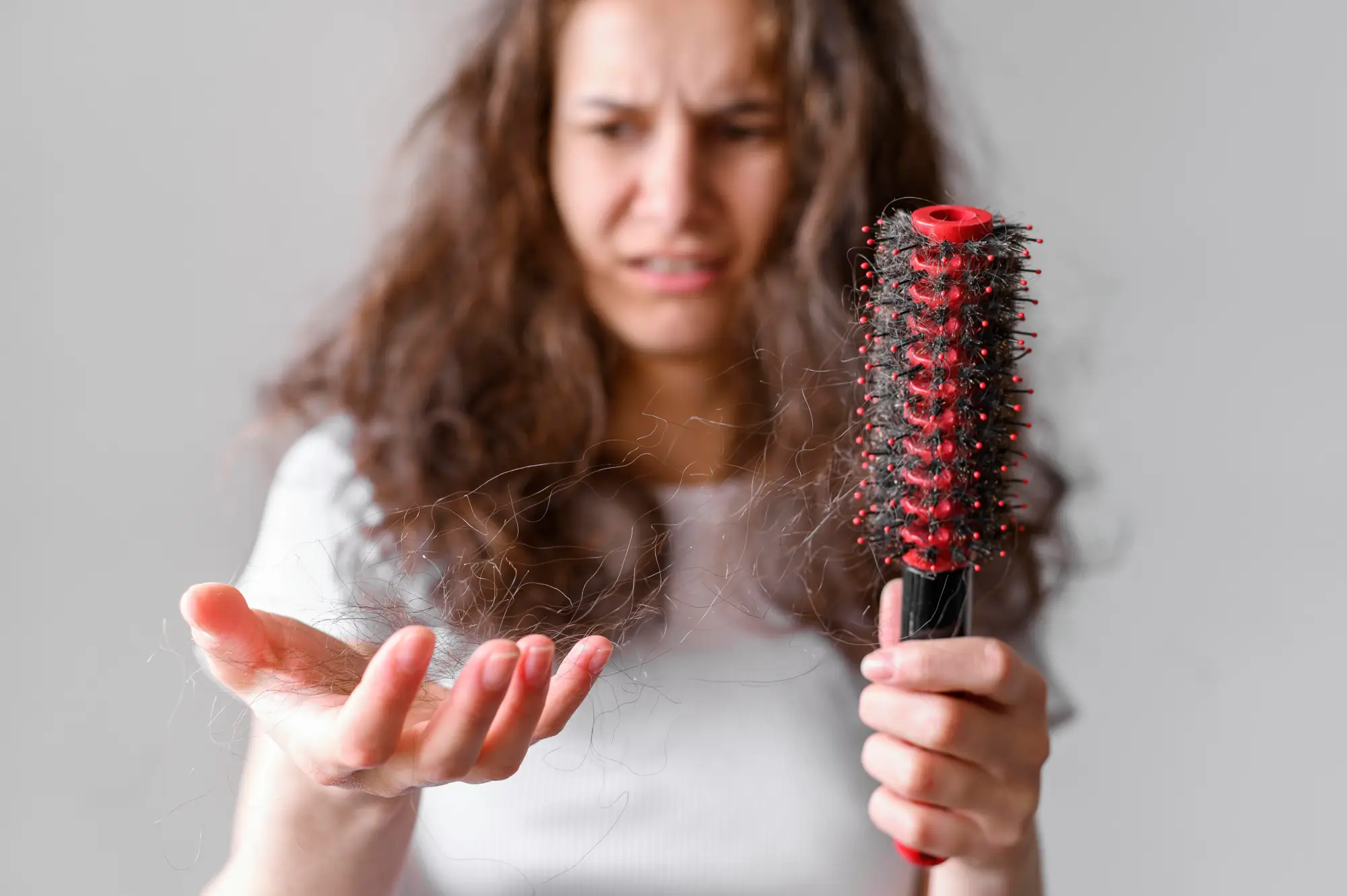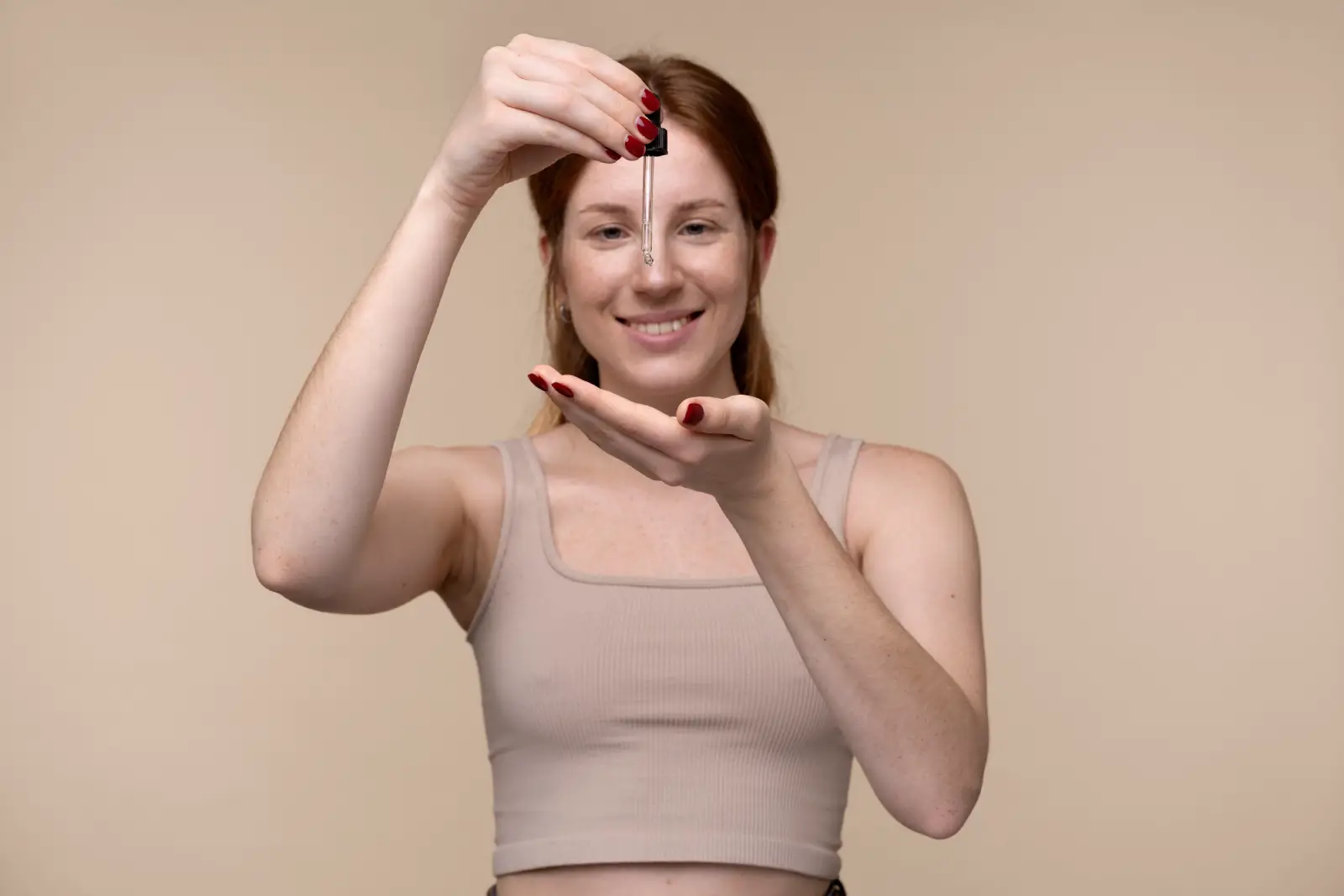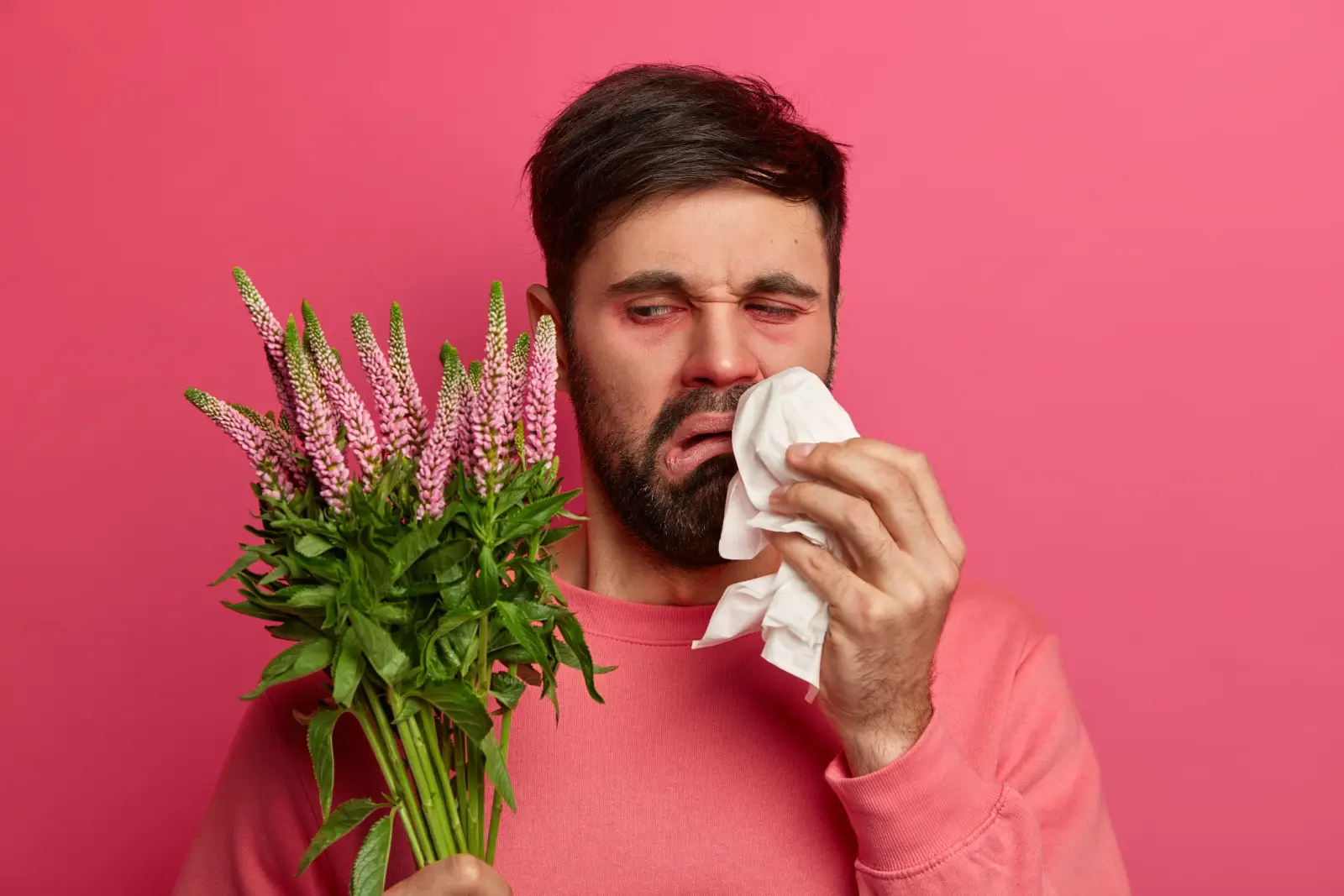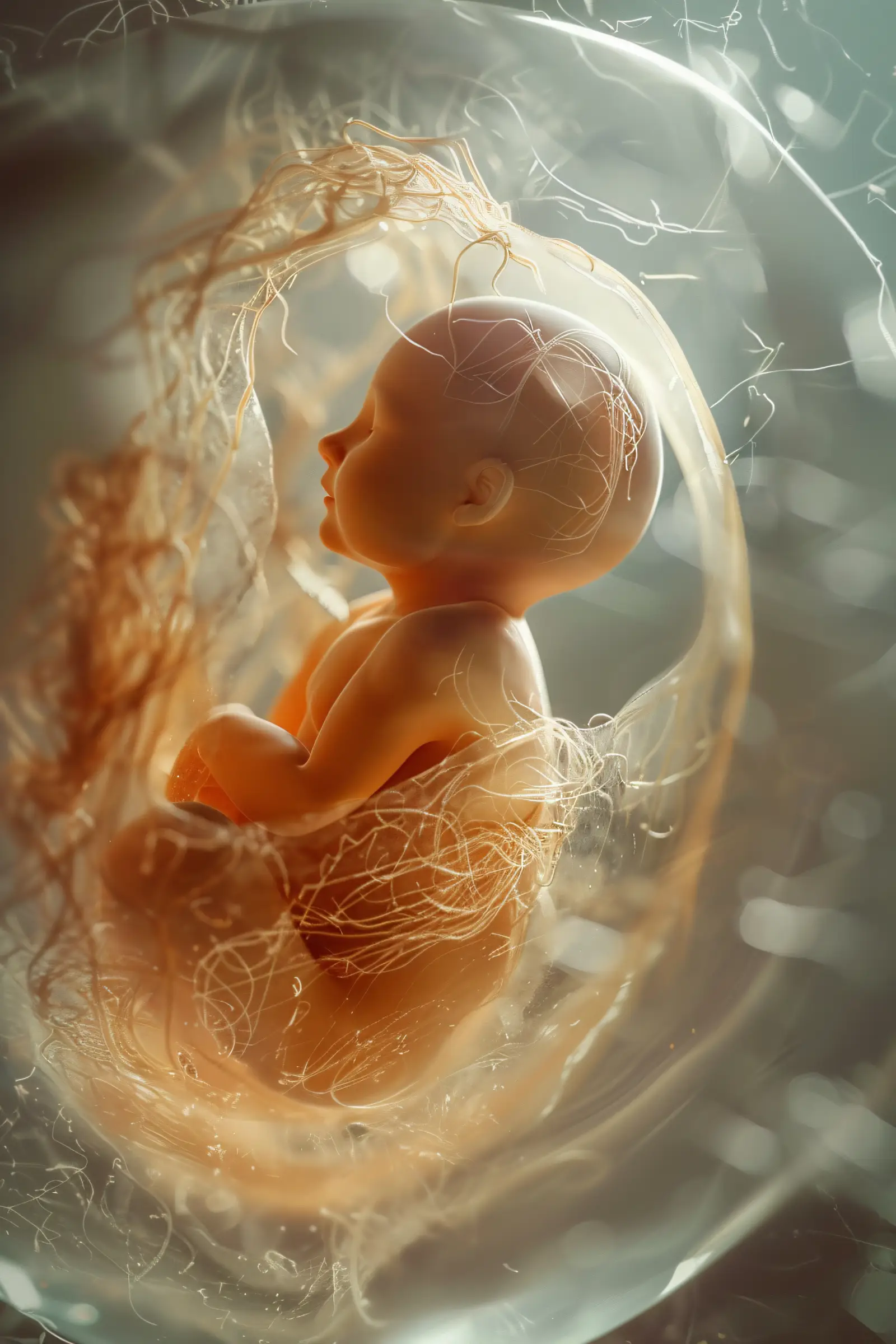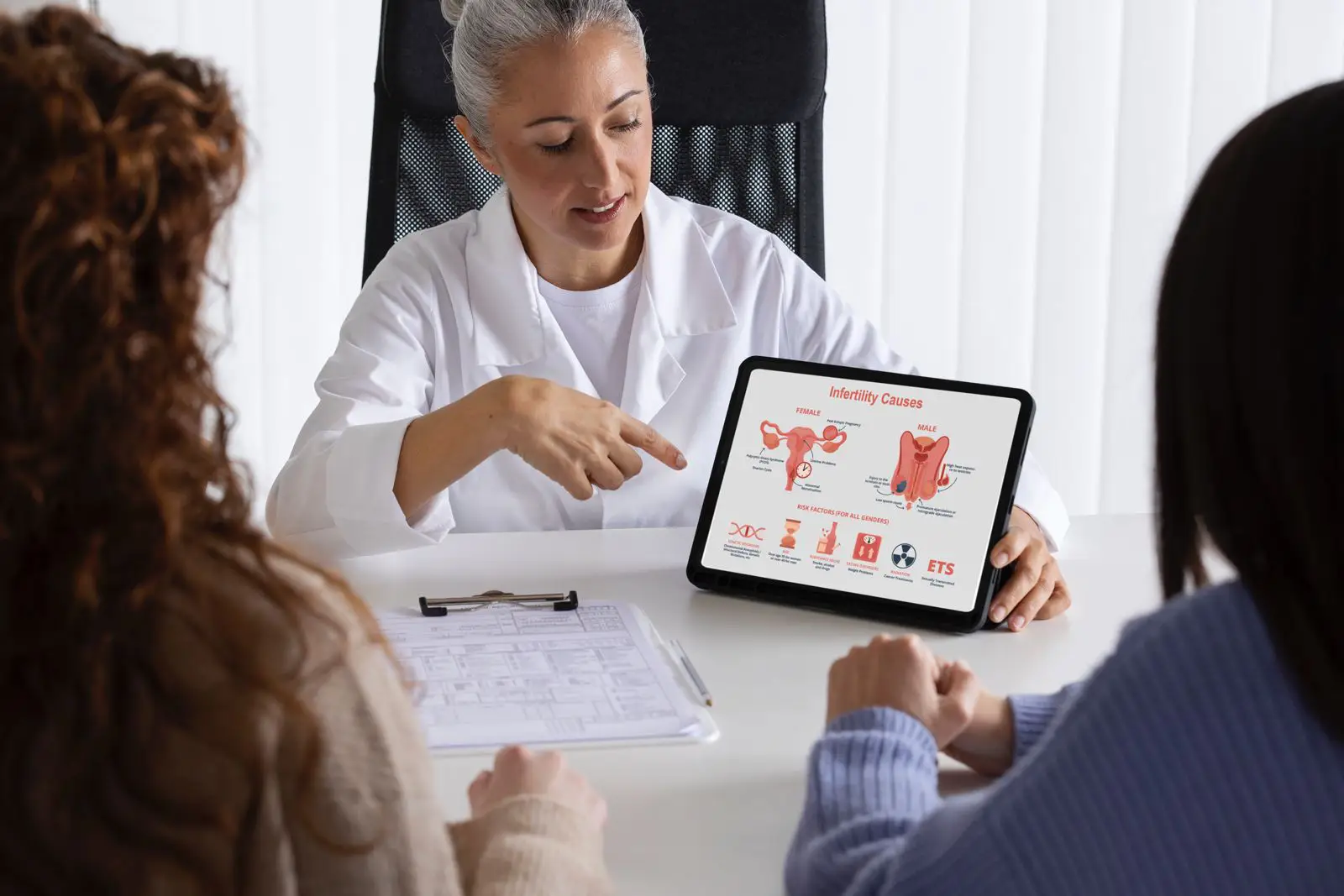blogs
- Home
- -
- blogs details
Early Symptoms of Collagen Deficiency in the Skin and Joints
Collagen... Not Just for Skin Radiance
Collagen is one of the essential proteins in the human body. Its role is not limited to maintaining the skin's youthful freshness and elasticity, but it also plays an important role in supporting the health of joints, bones, and connective tissue.
Although many associate collagen with beautiful skin, its deficiency can affect other parts of the body without us noticing.
How can you detect a collagen deficiency in your body?
- The first signs of collagen deficiency often appear on the skin, through:
- Dry, dull skin
- Sagging skin and the appearance of fine lines, especially around the mouth, eyes, and jaw
Other symptoms may also appear, such as:
- Brittle nails that break easily
- Slow hair growth or loss
- Slow wound healing
- Joint stiffness or mild pain upon waking
How can you increase collagen levels naturally?
It's important to support collagen internally and externally, as its production in the body gradually declines with age, and stimulation is needed to maintain its levels.
The following are recommended:
- Taking hydrolyzed collagen supplements
- Following a diet rich in vitamin C and antioxidants
- Drinking green tea
- Eating plenty of leafy green vegetables
- Top foods that boost collagen production:
- Bone broth
- Citrus fruits (such as lemons, oranges, and grapefruit)
- Berries
- Green leafy vegetables
- Eggs
- Fish
- Garlic
The bottom line:
Collagen deficiency not only affects appearance, but can also have a direct impact on overall health.
Paying attention to these signs early is an important step toward maintaining healthy skin and strong bones and joints.
Our blogs
Related Posts
-
Is your hair loss normal 7-7-2025
-
How does anxiety affect the stomach 11-8-2025
We Always Provide Support
We provide 24/7 technical support with a distinguished team to provide the appropriate service.



